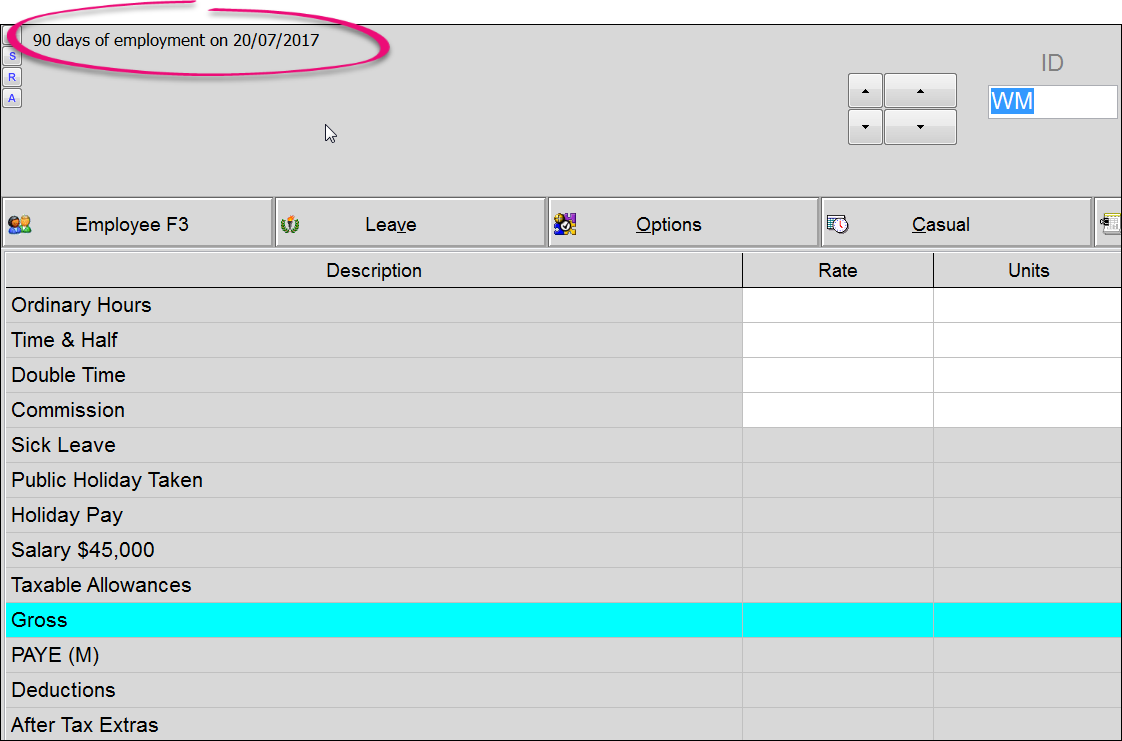Trial periods
What are trial periods?
Any employer is able to employ new employees on a trial period of up to 90 calendar days.
Any trial period must be agreed to by the employer and employee in good faith and in writing as part of the employment agreement.
The employer and employee must both bargain in a fair way about a proposed trial period. This includes considering and responding to any issues raised by the new employee.
An employer and employee may agree to a trial period only if the employee has not previously been employed by the employer.
A trial period is not automatic for new jobs. It only occurs if the employer and employee agree to it and must be in the Employment Agreement.
If any employment relationship problem arises during the trial period, or if the employee is dismissed, the employee and the employer can access mediation services.
An employee who is given notice of dismissal before the end of a trial period cannot raise a personal grievance on the grounds of unjustified dismissal. They may, however, raise a personal grievance on other grounds, such as discrimination or harassment or an unjustified action by the employer that disadvantaged the employee.
If an employee agrees to a trial period, this does not affect his or her entitlements to holidays and leave.
If an employee leaves a benefit (WINZ) to take up a job which is terminated within the trial period, there is no stand down returning to the benefit.
The end of an employee's trial period is show on the top left corner of the Calculate Pays window.

Suggested trial period clause
"The parties agree that this employment is subject to a trial period of 90 days.
The trial period begins on the date the employee commences duties and ends 90 days after that date.
The employee acknowledges that during this trial period, the employer may dismiss the employee by giving one week's notice prior to the end of the trial period and, in the event of dismissal, that the employee is not entitled to bring a personal grievance or other legal proceedings in respect of that dismissal."
